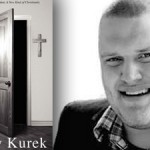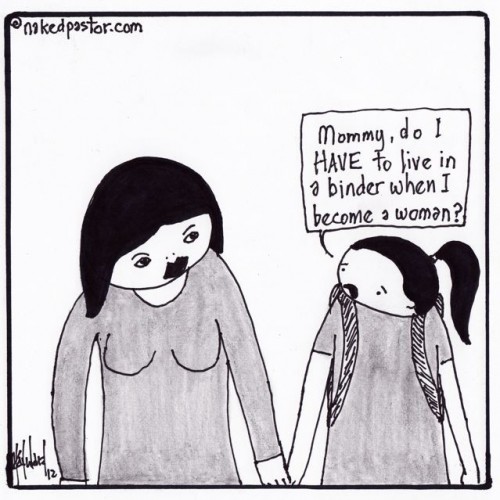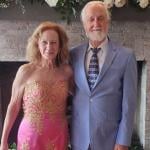The following is a letter I wrote to my community after what happened on Sunday:
I want to write you a short email concerning what happened last Sunday. After my teaching on the good Samaritan, several people had some comments and questions. Then Julia came up and, with a lot of emotion, shared an experience she recently had about someone she saw who was obviously hurting. It was very difficult for her to share, not just because of embarrassment, but because she was so emotional it was difficult for her to speak. After she finished her moving story, someone asked her if she could please pray for us in that regard. Julia said that she didn’t know what to pray, that she doesn’t pray that much anymore, and that she really had nothing to pray at that time. Awkward!
Now, we could take a couple of directions about this. One is that our church is really messed up if so-called leaders can’t even pray. Shouldn’t leaders be able to pray on the spot, even if they don’t feel like it? Shouldn’t leaders have an arsenal of prayers at their disposal to use whenever requested? But more than that, shouldn’t leaders be pray-ers? Valid questions.
I’ve taken another direction. I feel that what happened Sunday morning was good. Someone said that they didn’t pray, didn’t know how anymore, and didn’t want to at that time. I think it is an expression of authenticity to admit that. I would be reluctant to admit that publicly because praying comes with my job description. But what if I did admit that I really didn’t know how to pray anymore? It is a fact that Julia isn’t the only one. There are many of us who, at one time or another, for short seasons or long, struggle with our faith and prayer. Julia simply expressed what many of us know is a difficult reality in our spiritual lives. She was honest. Honesty’s good.
Everyone felt that event was significant for us. Some might feel in a negative way. I feel it was significant in a positive way. I would encourage us to be even more honest and authentic as we gather together. I’m not interested in pretending to be something we’re not. I’m through fantasizing about what we want to be rather than embracing who we are. Let’s admit it: we are messed up! So, let our devotion, if we can drum any up, emerge out of the reality of who-we-are rather than the vaporously unreal who-we-wish-to-be. Perhaps what happened Sunday morning was a foretaste of what we already actually are. Maybe it was a kind of invitation into a deeper and more authentic life together. And maybe now our leadership is not the expression of our strengths, but the modeling of our humiliations.











